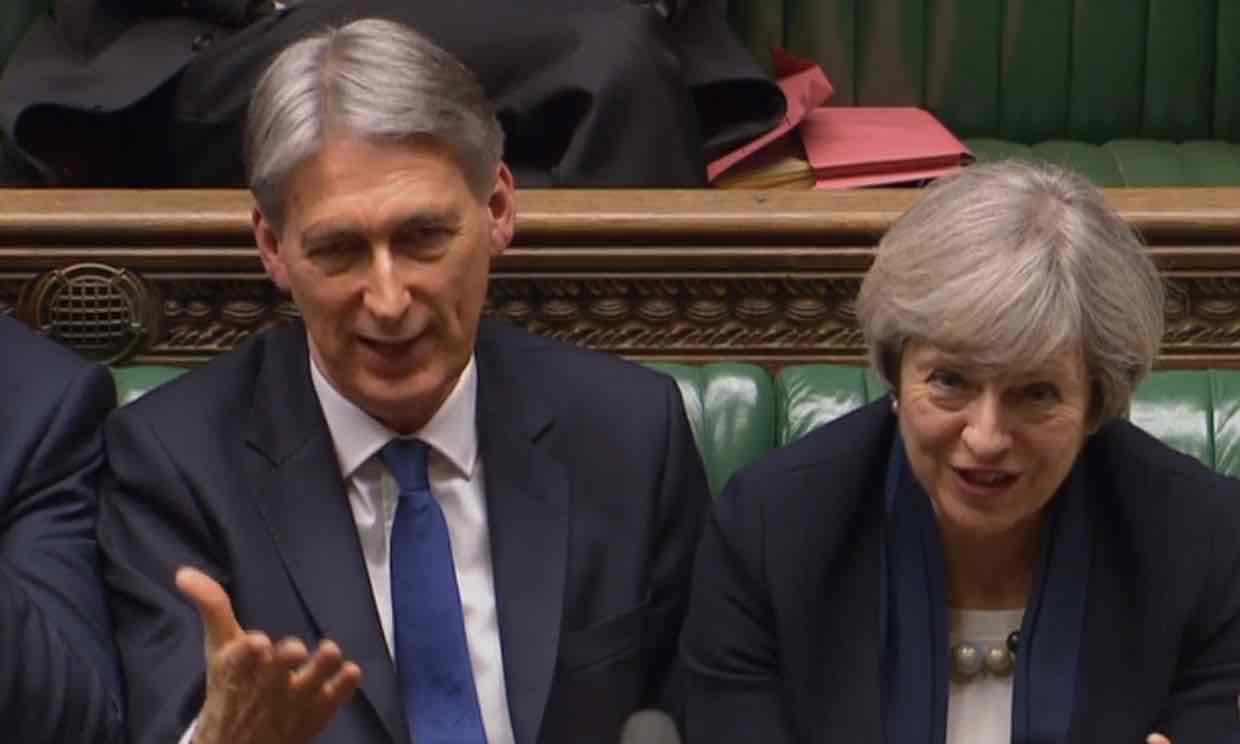Philip Hammond’s budget – our writers give their views
 written as part of a panel at The Guardian, 8 March 2017
written as part of a panel at The Guardian, 8 March 2017
Kate Maltby: This could be 2017’s pasty tax
Within a few days of Theresa May’s election as Tory leader, Hammond’s main role as chancellor became clear. He toured the City, giving speeches to business executives, reassuring them that the Brexit referendum wouldn’t affect Britain’s competitiveness.
Hammond the City-whisperer was back on display today. It was fairly explicit: “I am listening to the voice of business,” he declared. And then, in case you missed it: “My ambition is for the UK to be the best place in the world to start and grow a business.” Corporation tax in the UK, he boasted, was the lowest in the G20. Yet further cuts were promised.
Meanwhile, there were concessions in business rates, primarily for businesses only just growing too big to benefit from “small business” rate relief, and for the much-loved British pub.
There were plenty of jibes for the Labour benches opposite – black hole jokes and references to driverless vehicles. But the chancellor has made privately clear that he is defending economic liberalisation as much from his own leadership as from the opposition.
Theresa May got her pet project through, with £320m for grammar schools. (One of Jeremy Corbyn’s only decent lines in his response was to label this her “vanity project”.) There’s still something of the 50s timewarp about May’s policy perspective – including her scepticism of markets. But over the next year, we can still expect to see Hammond present the strongest challenge to her revival of the postwar consensus.
Expect a strong backlash against changes to the tax advantages enjoyed by the self-employed. Hammond justified this by pointing to the £5bn public cost of permitting lower national insurance rates this year. But the self-employed currently paying at these rates include both millionaire consultants and some of the most vulnerable gig-workers. This could be this year’s pasty tax.




